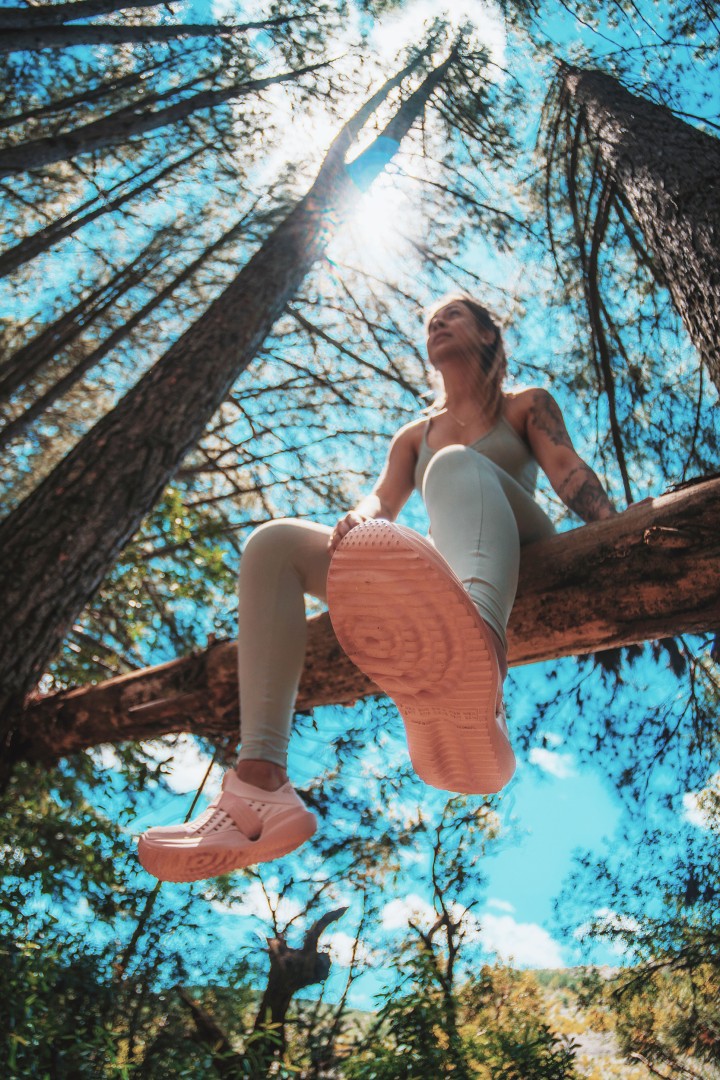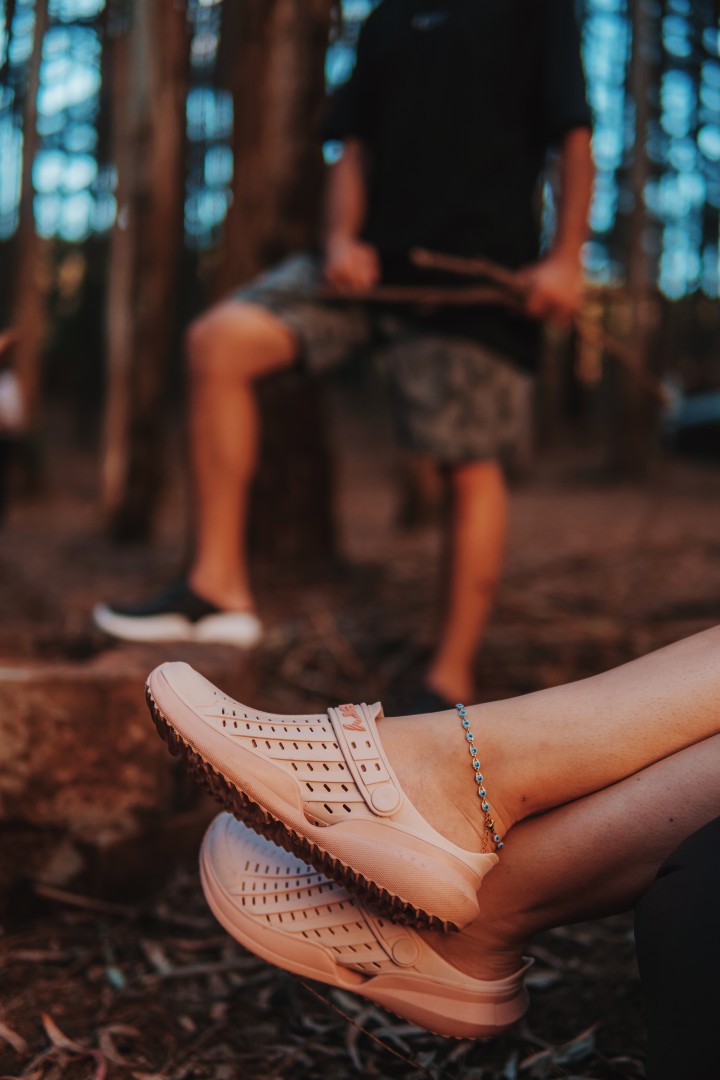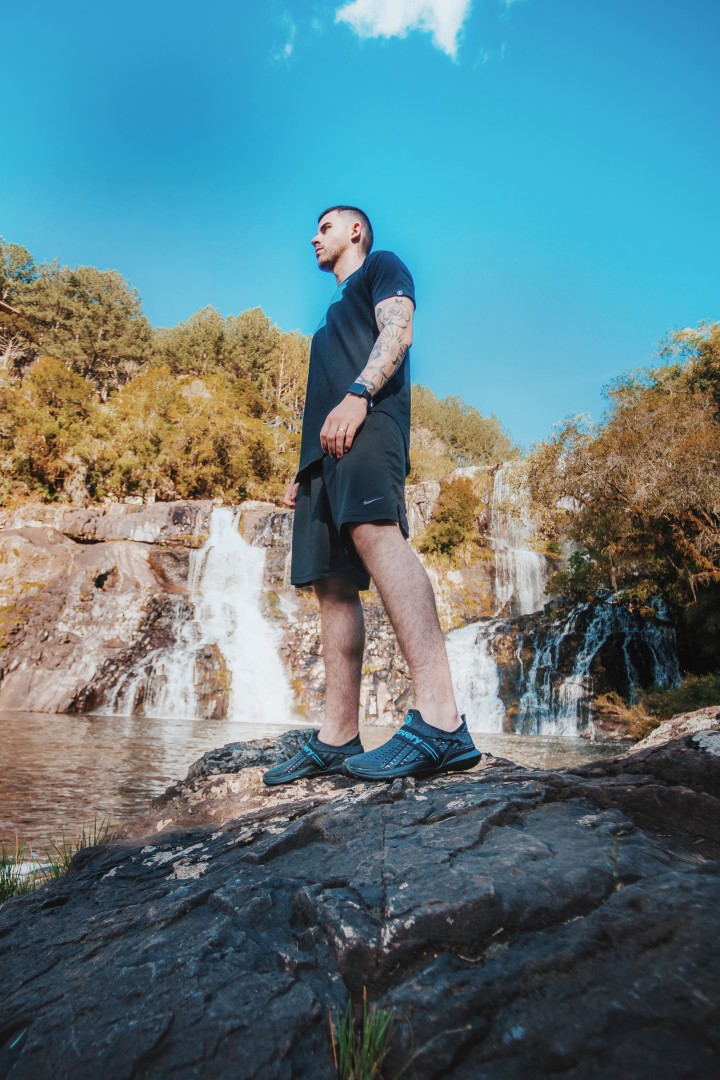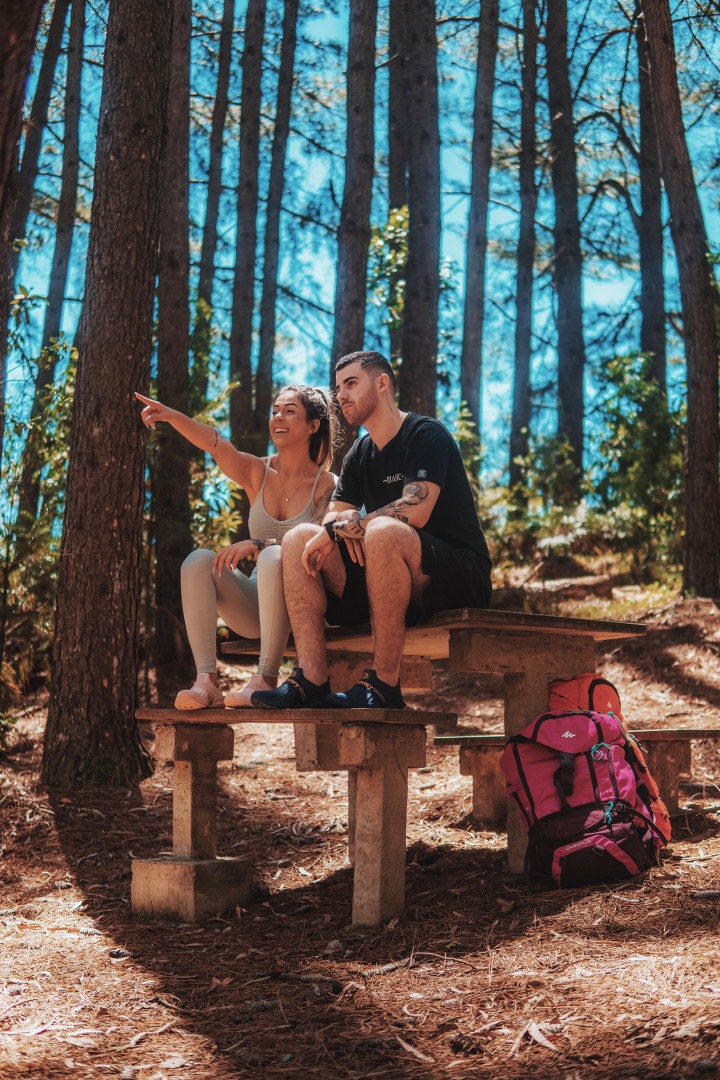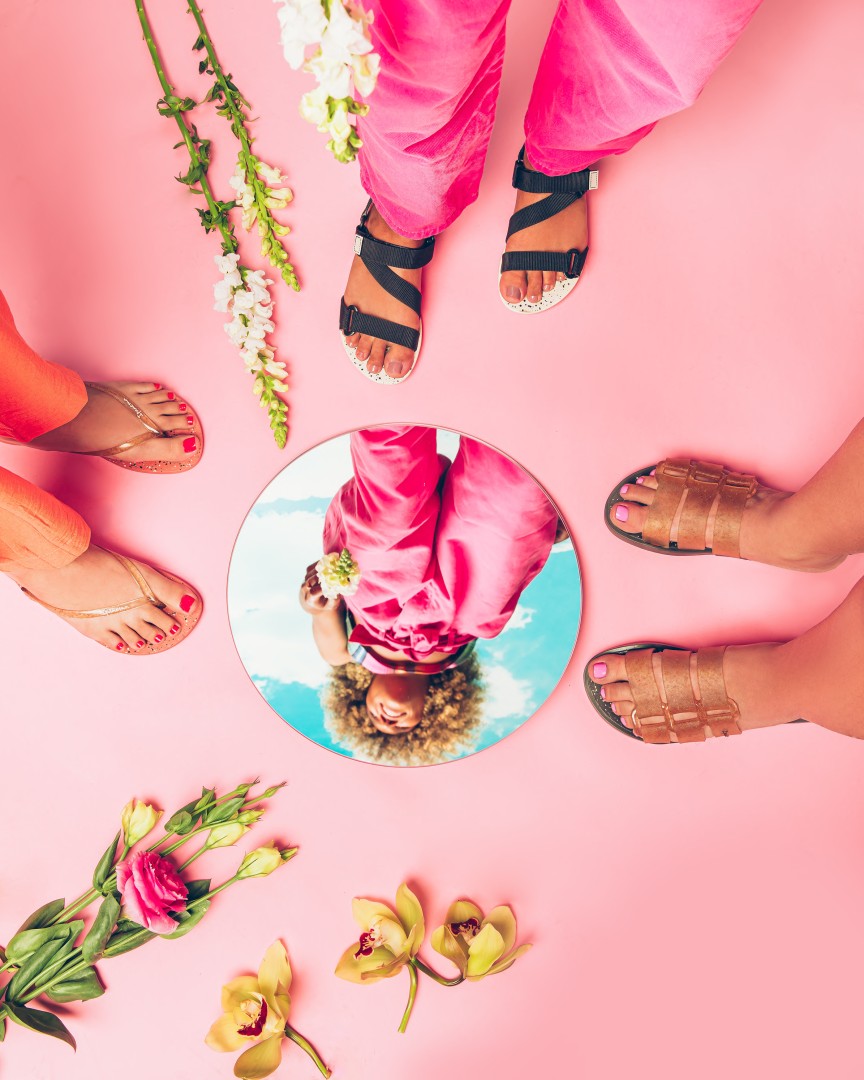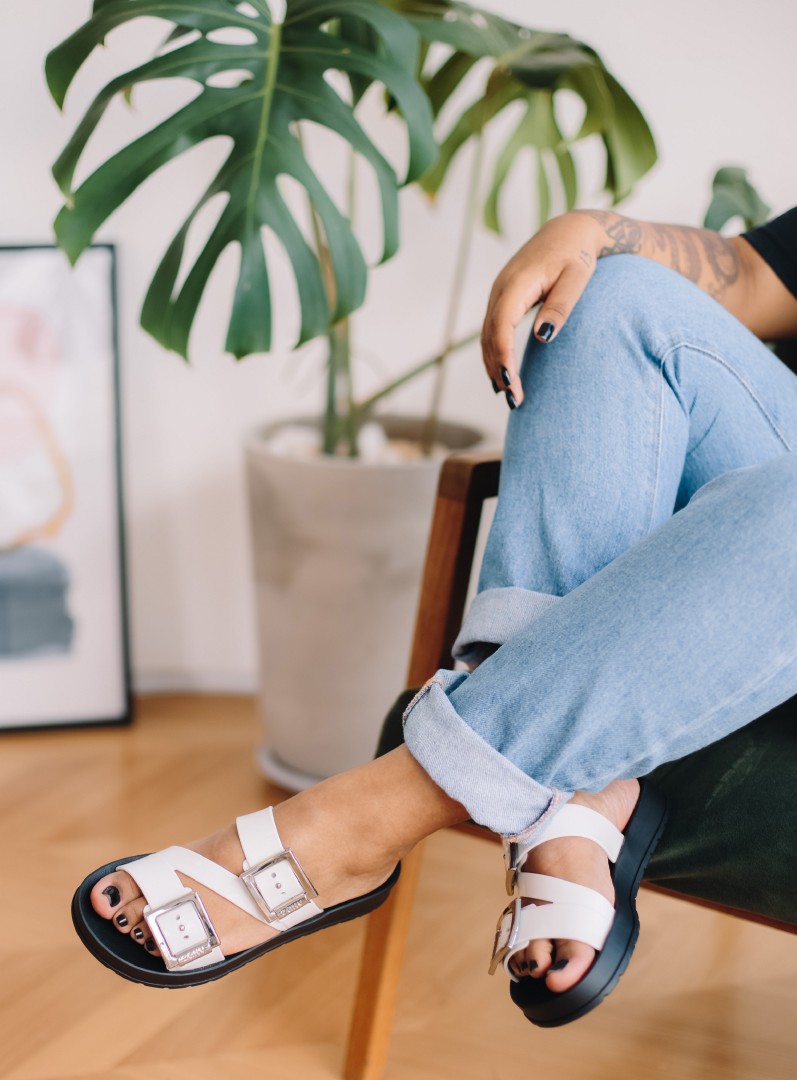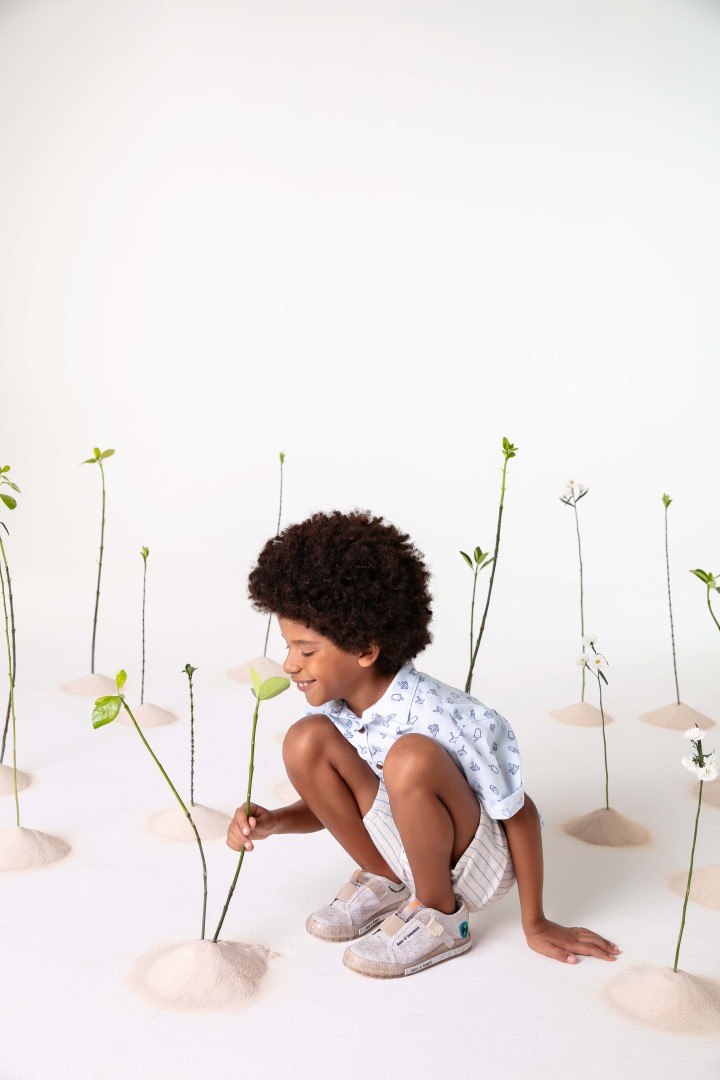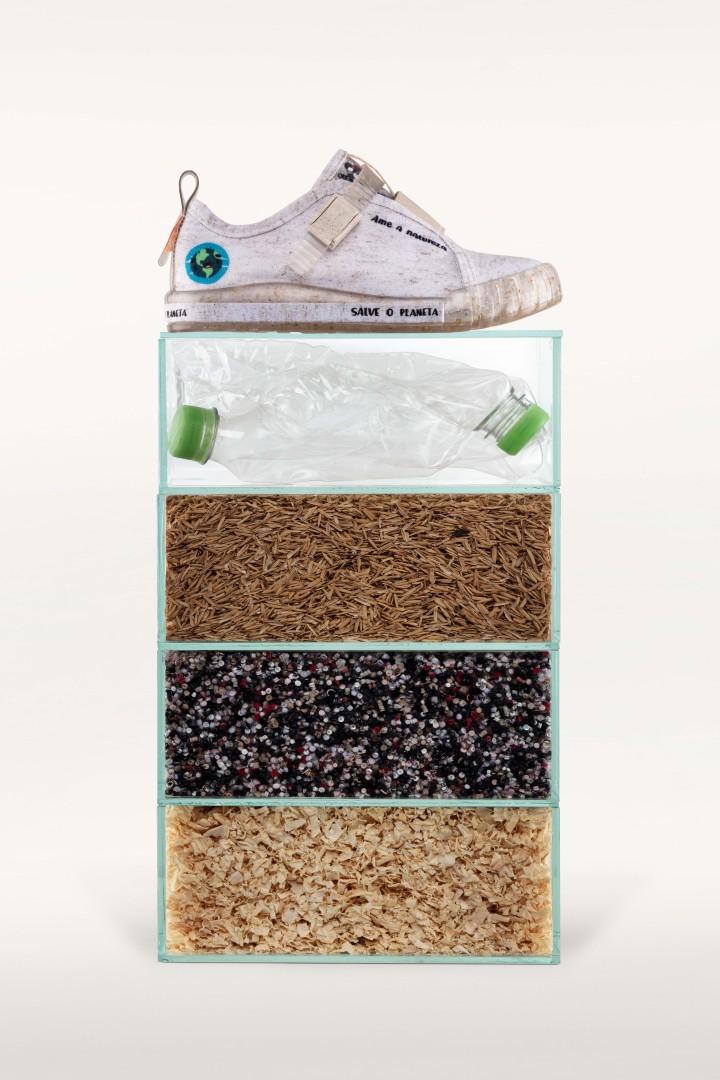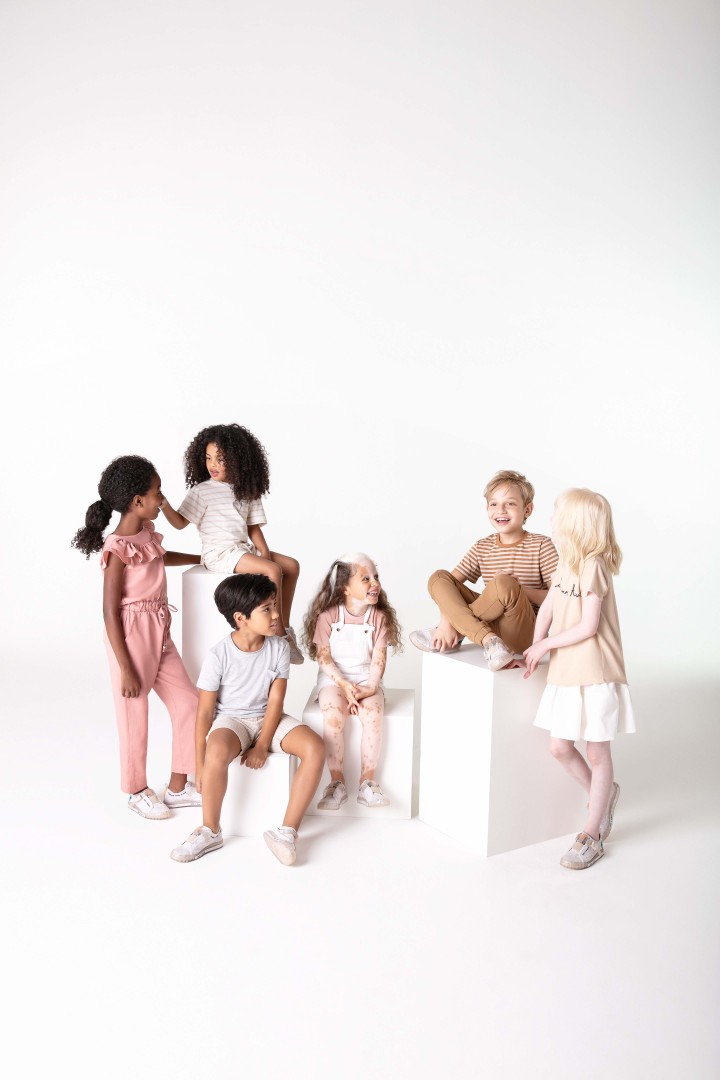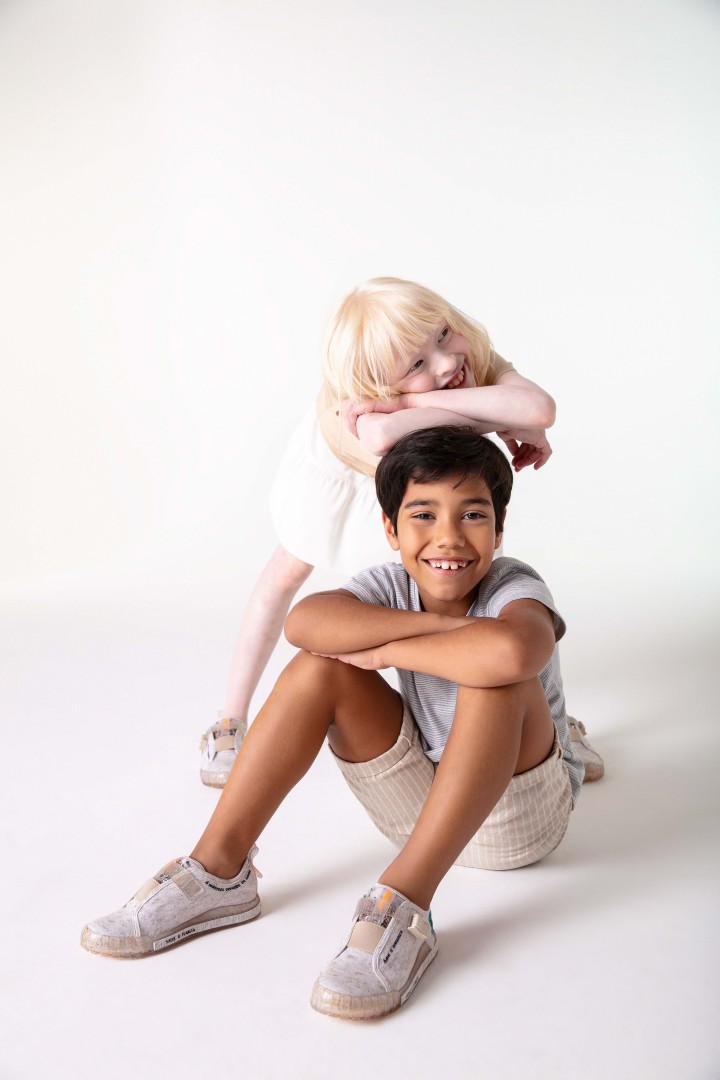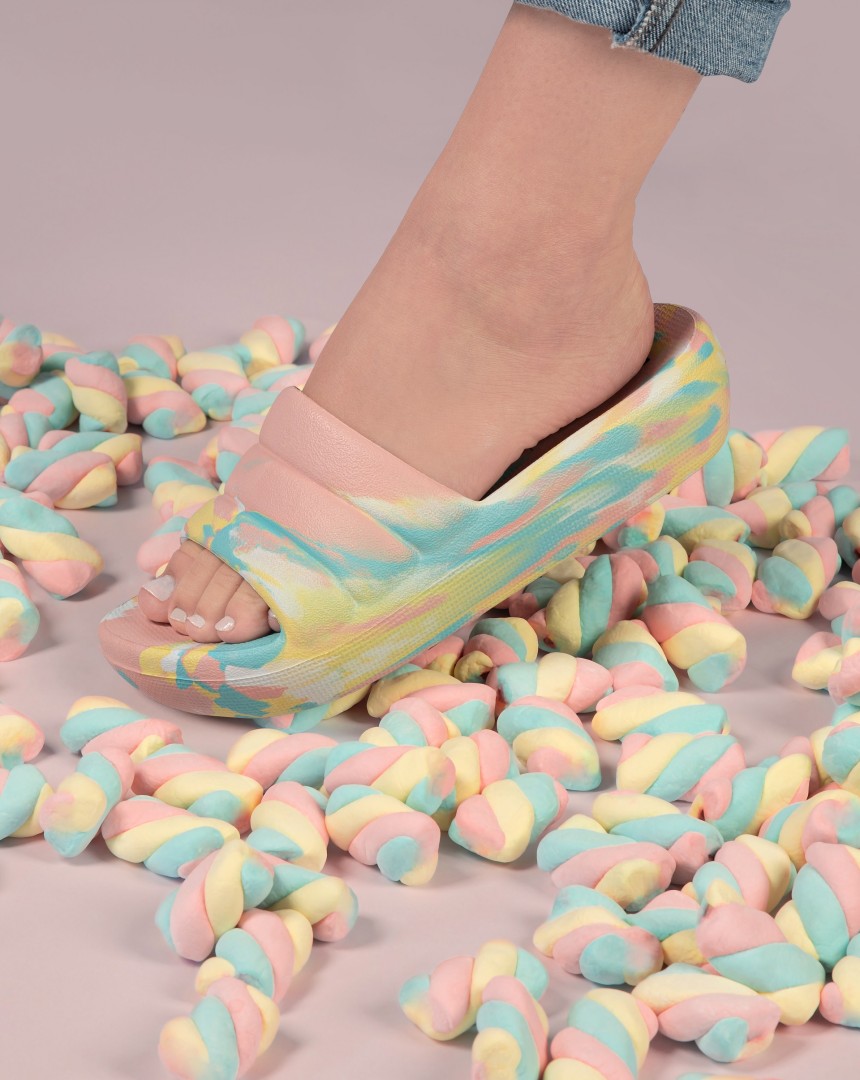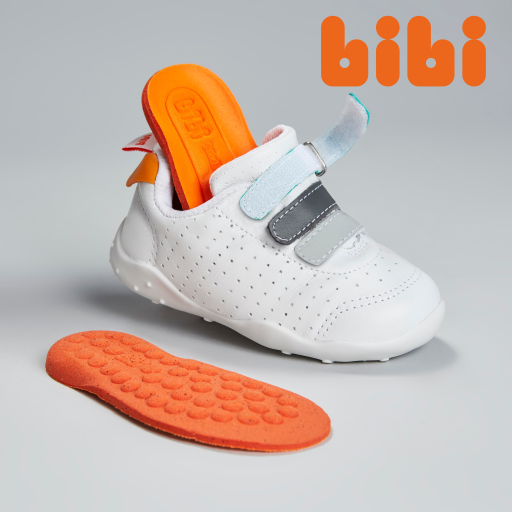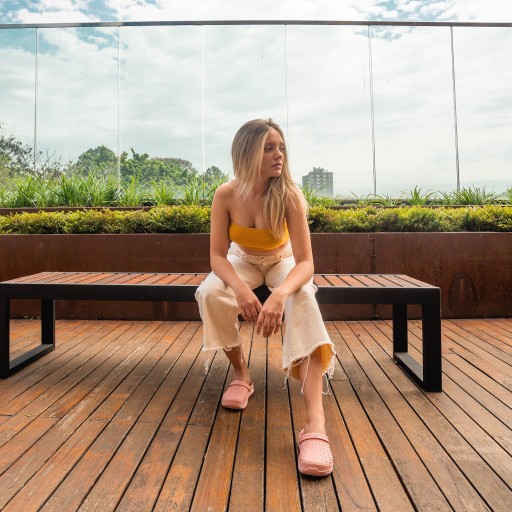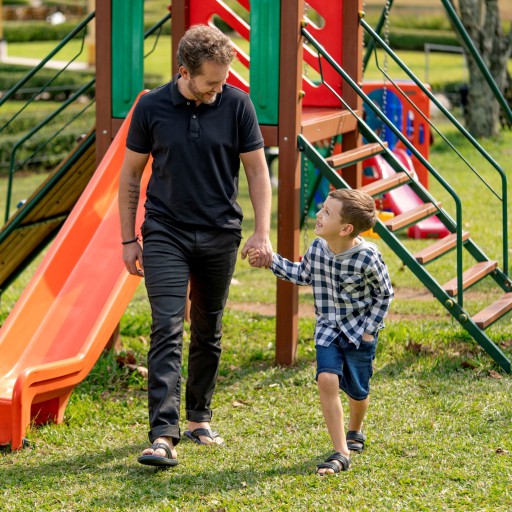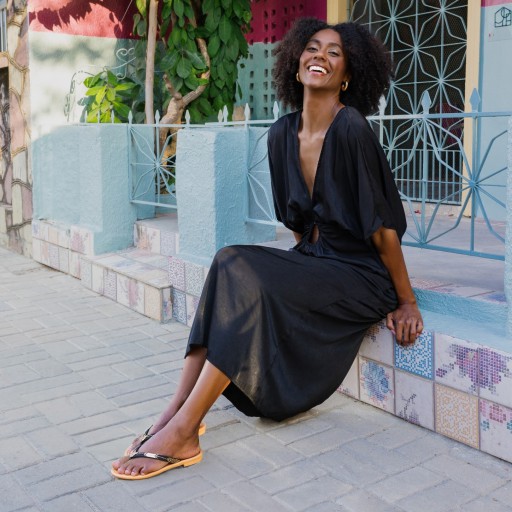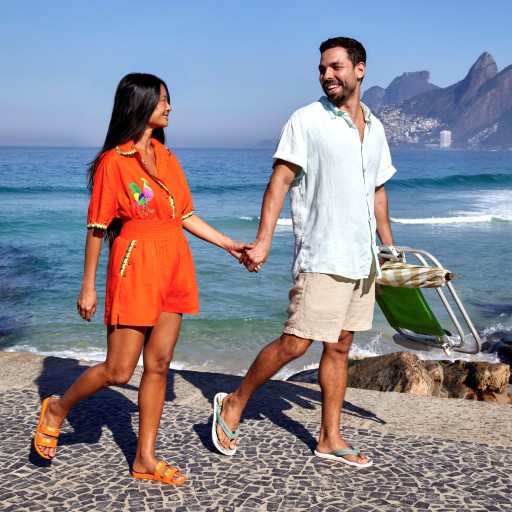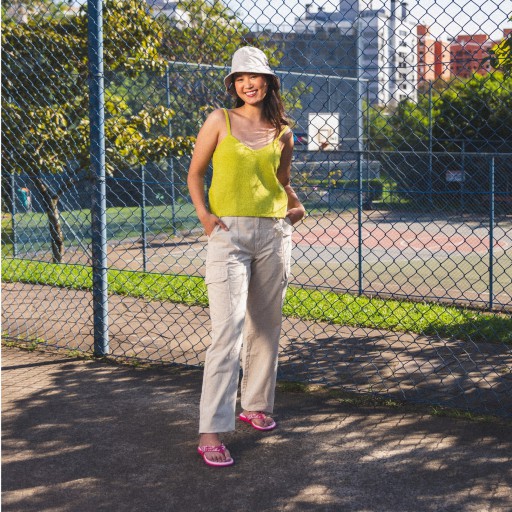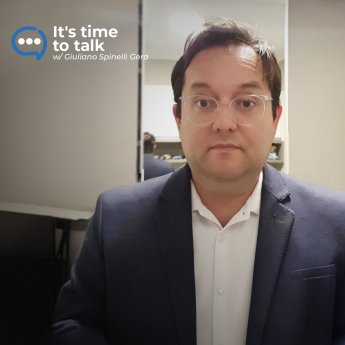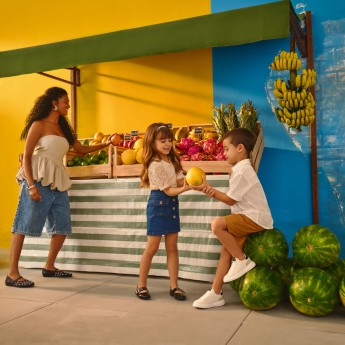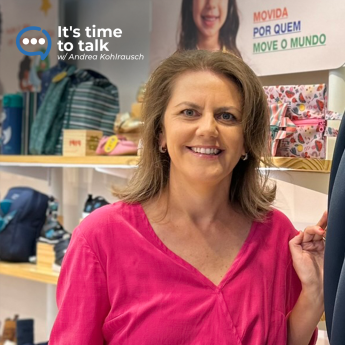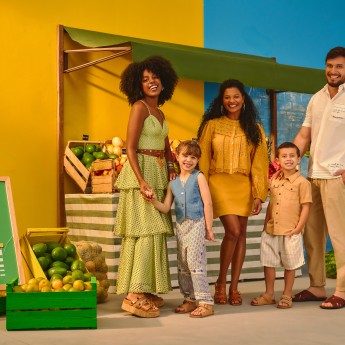Sustainability on the feet

2021-12-06 | By Brazilian Footwear
It is not new that sustainability has been attracting the attention of the market. Research indicates that the "green argument" has been gaining traction in the consumer's imagination, in a movement influenced by global trends. According to research by The Economist Intelligence Unit (EIU), commissioned by WWF and conducted in 54 countries, where 80% of the world's population lives, the online search for sustainable products grew by 71%. As it couldn't be different, the greater awareness of the consumer has been pulling the market from several sectors, among them the shoemaker. "The sustainability trend is global. Despite being driven by the most developed countries, especially in Europe, it is a phenomenon that has been occurring in emerging economies, such is the case of Brazil. Weekly we receive surveys, especially from importers, in search of sustainable suppliers here in the country”, says the trade promotion coordinator of the Brazilian Association of Footwear Industries (Abicalçados), Letícia Sperb Masselli, pointing out that the offer of sustainable Brazilian footwear can be found on the BrazilianFootwear.com platform. The brazilianfootwear.com project is part of the Brazilian Footwear program, promoted by Abicalçados in partnership with the Brazilian Agency for the Promotion of Exports and Investments (Apex-Brazil) since 2000. The objective of the action is to promote and qualify Brazilian shipments in the sector through commercial and image promotion actions with international buyers.
